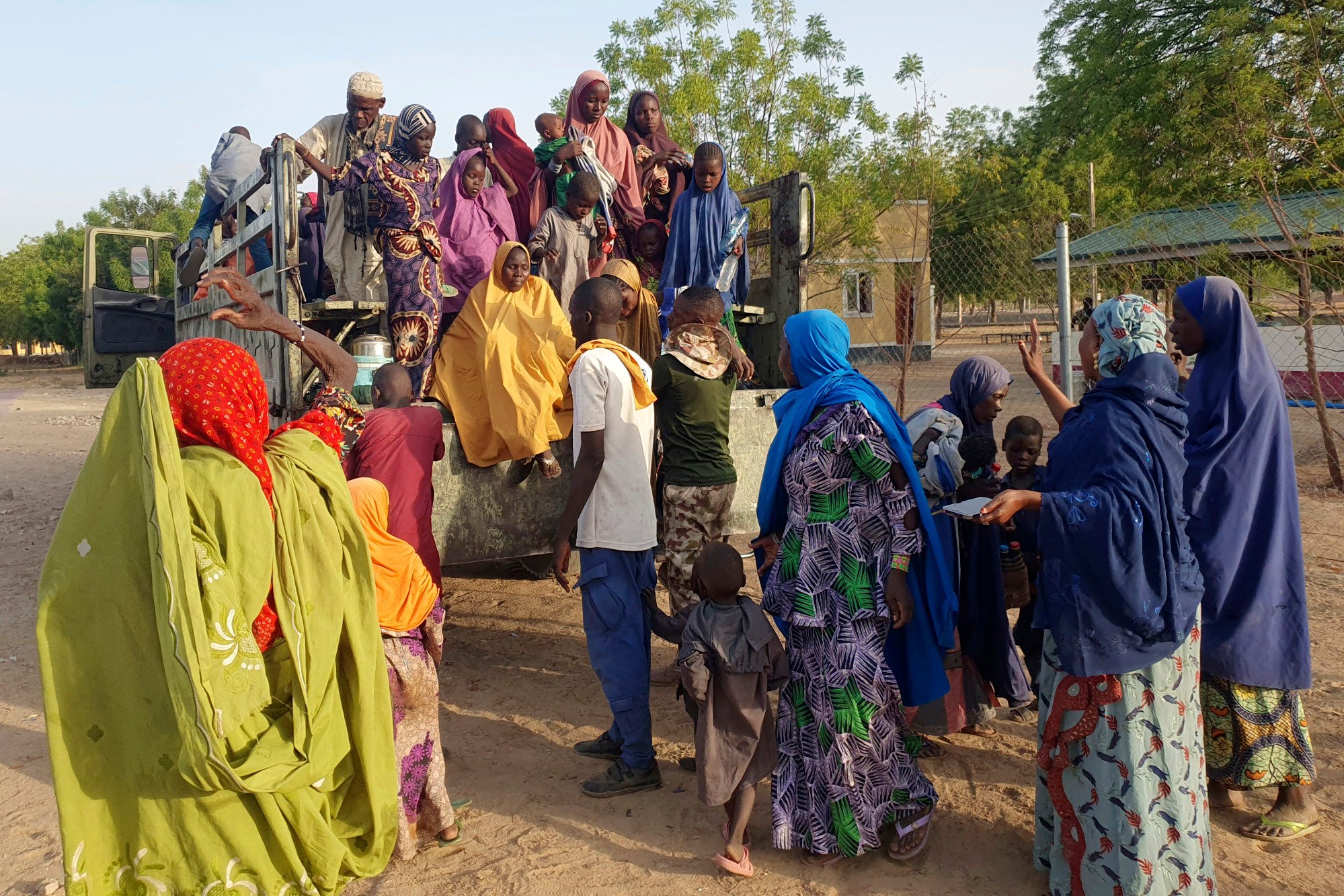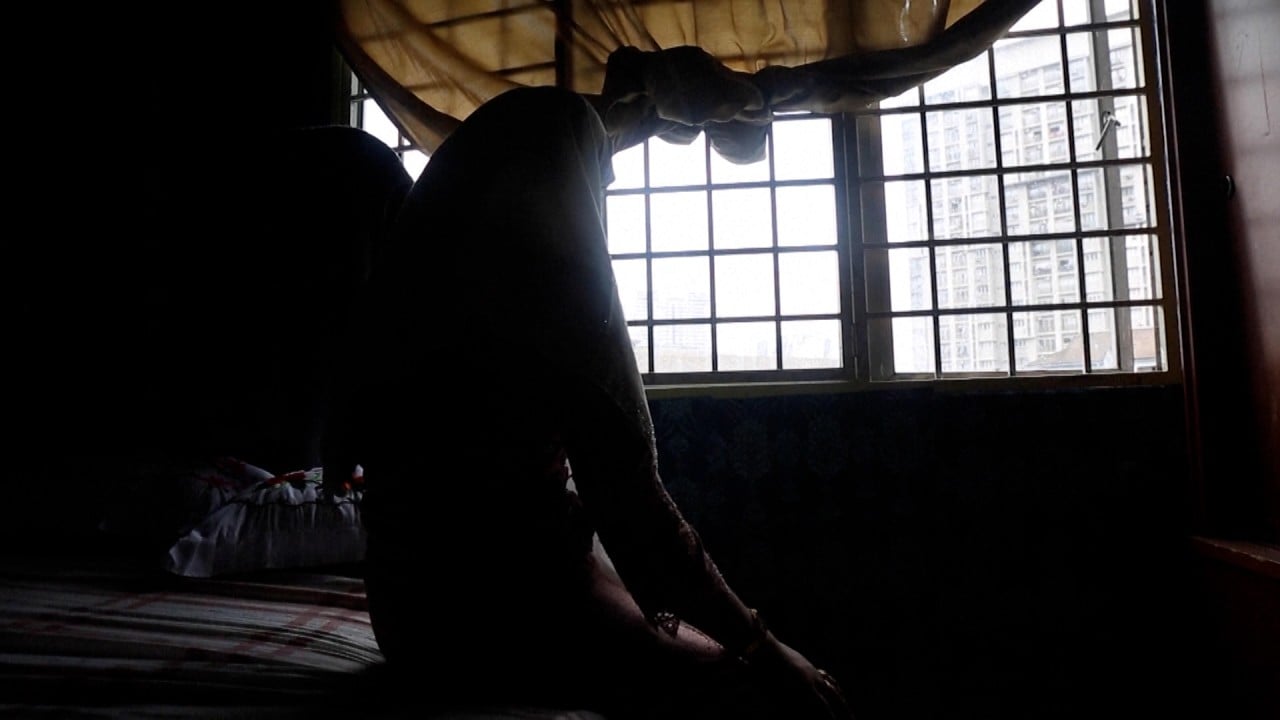
In Nigeria, state-sponsored mass wedding of girls fuels debate of forced marriage
- Muslim clerics say the marriage is a charitable act for orphans, but critics say it contravenes Nigeria’s commitment to protect children and women’s rights
- The wedding came to light when a lawmaker announced plans to sponsor the ceremony and foot the dowries
A plan to marry off 100 Nigerian girls and young women in a state-sponsored mass wedding has sparked heated debate about child marriage and female education, with last-ditch efforts under way to ban the ceremony.
Nigeria’s women’s minister, who is leading the campaign to shelve Friday’s wedding, told the Thomson Reuters Foundation she had filed a court injunction to stop it.
Uju Kennedy-Ohanenye said the wedding violates Nigeria’s Child Rights Acts and Violence Against Persons Prohibition Act that criminalises forced marriages for women and girls.
“This marriage impinges on the rights of girls and women, who are my constituency, and I have taken action to put an end to it,” the minister said in an interview.
Many of the girls due to be married off are believed to be under age, sparking sharp criticism from rights advocates.
The wedding came to light when Abdulmalik Sarkindaj, speaker of the state assembly in the Muslim-majority state of Niger, announced plans to sponsor the ceremony and foot the dowries.
He said the girls’ parents were killed in attacks by bandits and kidnapping gangs that have terrorised villages and towns in his conservative state in northern Nigeria.

While several Muslim clerics have defended the marriage as a charitable act for orphans, critics said it contravenes Nigeria’s commitment to protect children and women’s rights.
The speaker later withdrew his offer to host the ceremony, which has triggered petitions from rights groups that have gathered thousands of signatures. It was not immediately clear if the ceremony would go ahead with another sponsor, as local Muslim clerics have vowed to defy the minister.
Kennedy-Ohanenye said while she had received assurances from the state’s traditional rulers that the wedding would now be called off, she would pursue her injunction to be safe.
“What I’m fighting is illegality. I’m not fighting tradition or religion. This is to make sure it doesn’t happen,” she said.
When she met with the leaders, the group discussed enrolling some of the girls in school, and opening bank accounts for others so they can start earning.
“Marriage is not empowerment and doesn’t change somebody’s life. Rather, it worsens if you have no money to care for your family,” the minister said.
Nigeria’s Child Rights Act sets the minimum marriage age at 18, but younger girls routinely wed in northern states, with more than half of women aged 20-24 marrying before they turn 18.
Nerida Nthamburi from GirlsNotBride, a non-profit advocating against early marriage, said laws were not enough given cultural norms still push girls into early wedlock.
Parents in some northern states marry off daughters once they menstruate or reach puberty, she said, urging government to enlist the help of traditional and community leaders.
High poverty rates have also forced more families into marrying off girls to pay off debts or generate income.
She called on government to invest in programmes that keep girls in school and make them less vulnerable, saying education was the best antidote to forced marriage.
“If families are economically empowered, then we’ll find it less likely that they are selling their girls and more likely that they can afford at least to keep their children in school,” Nthamburi said.

